The Intel 9th Gen Review: Core i9-9900K, Core i7-9700K and Core i5-9600K Tested
by Ian Cutress on October 19, 2018 9:00 AM EST- Posted in
- CPUs
- Intel
- Coffee Lake
- 14++
- Core 9th Gen
- Core-S
- i9-9900K
- i7-9700K
- i5-9600K
Test Bed and Setup
As per our processor testing policy, we take a premium category motherboard suitable for the socket, and equip the system with a suitable amount of memory running at the manufacturer's maximum supported frequency. This is also typically run at JEDEC subtimings where possible.
It is noted that some users are not keen on this policy, stating that sometimes the maximum supported frequency is quite low, or faster memory is available at a similar price, or that the JEDEC speeds can be prohibitive for performance. While these comments make sense, ultimately very few users apply memory profiles (either XMP or other) as they require interaction with the BIOS, and most users will fall back on JEDEC supported speeds - this includes home users as well as industry who might want to shave off a cent or two from the cost or stay within the margins set by the manufacturer. Where possible, we will extend out testing to include faster memory modules either at the same time as the review or a later date.
| Test Setup | |||||
| Intel 9th Gen | i9-9900K i7-9700K i5-9600K |
ASRock Z370 Gaming i7** |
P1.70 | TRUE Copper |
Crucial Ballistix 4x8GB DDR4-2666 |
| Intel 8th Gen | i7-8086K i7-8700K i5-8600K |
ASRock Z370 Gaming i7 |
P1.70 | TRUE Copper |
Crucial Ballistix 4x8GB DDR4-2666 |
| Intel 7th Gen | i7-7700K i5-7600K |
GIGABYTE X170 ECC Extreme |
F21e | Silverstone* AR10-115XS |
G.Skill RipjawsV 2x16GB DDR4-2400 |
| Intel 6th Gen | i7-6700K i5-6600K |
GIGABYTE X170 ECC Extreme |
F21e | Silverstone* AR10-115XS |
G.Skill RipjawsV 2x16GB DDR4-22133 |
| Intel HEDT | i9-7900X i7-7820X i7-7800X |
ASRock X299 OC Formula |
P1.40 | TRUE Copper |
Crucial Ballistix 4x8GB DDR4-2666 |
| AMD 2000 | R7 2700X R5 2600X R5 2500X |
ASRock X370 Gaming K4 |
P4.80 | Wraith Max* | G.Skill SniperX 2x8 GB DDR4-2933 |
| AMD 1000 | R7 1800X | ASRock X370 Gaming K4 |
P4.80 | Wraith Max* | G.Skill SniperX 2x8 GB DDR4-2666 |
| AMD TR4 | TR 1920X | ASUS ROG X399 Zenith |
0078 | Enermax Liqtech TR4 |
G.Skill FlareX 4x8GB DDR4-2666 |
| GPU | Sapphire RX 460 2GB (CPU Tests) MSI GTX 1080 Gaming 8G (Gaming Tests) |
||||
| PSU | Corsair AX860i Corsair AX1200i |
||||
| SSD | Crucial MX200 1TB | ||||
| OS | Windows 10 x64 RS3 1709 Spectre and Meltdown Patched |
||||
| *VRM Supplimented with SST-FHP141-VF 173 CFM fans ** After Initial testing with the ASRock Z370 motherboard, we noted it had a voltage issue with the Core 9th Gen processors. As a result, we moved to the MSI MPG Z390 Gaming Edge AC for our power measurements. Benchmarking seems unaffected. |
|||||
We must thank the following companies for kindly providing hardware for our multiple test beds. Some of this hardware is not in this test bed specifically, but is used in other testing.


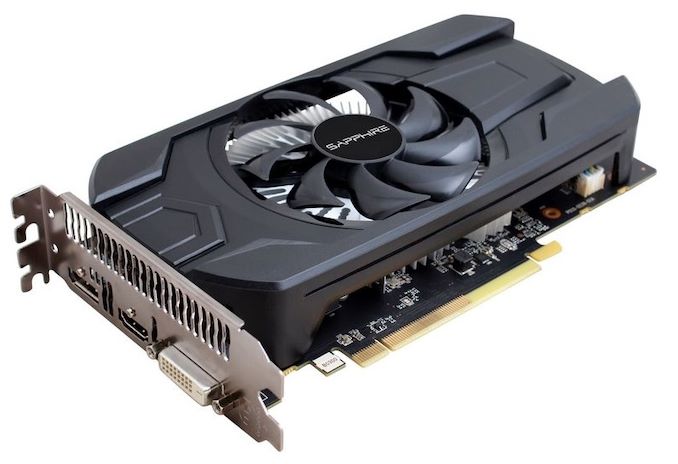
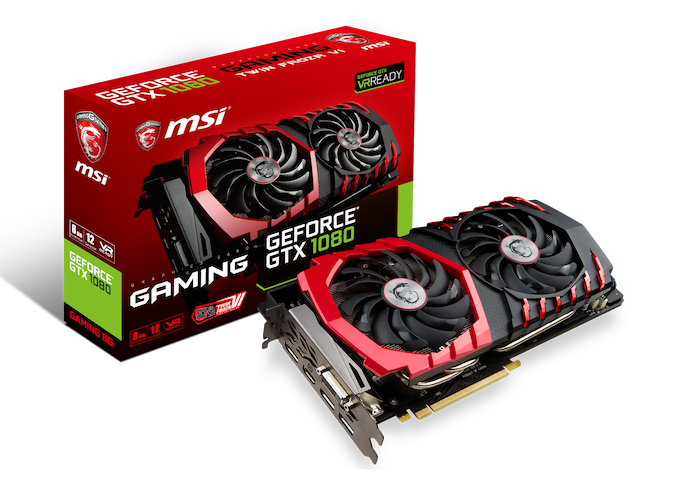
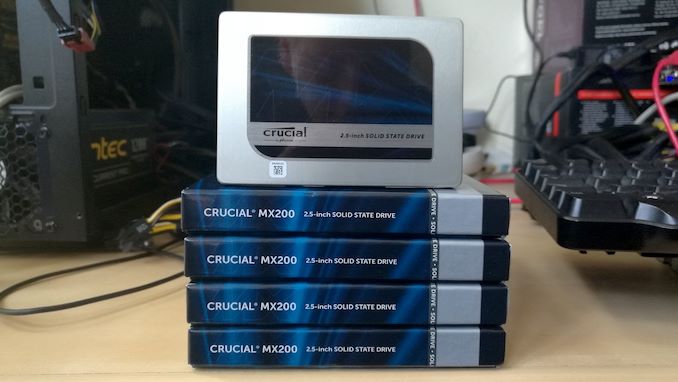
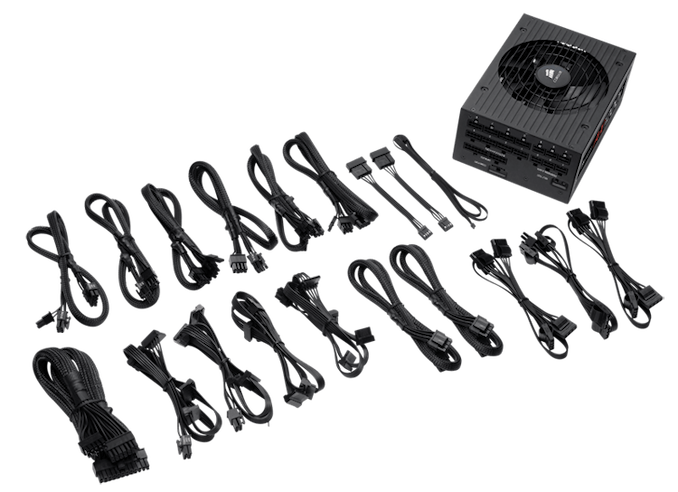
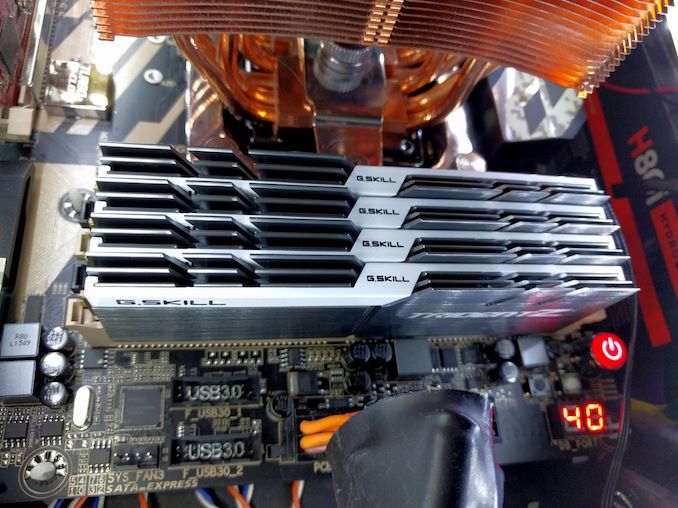
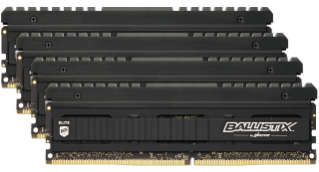
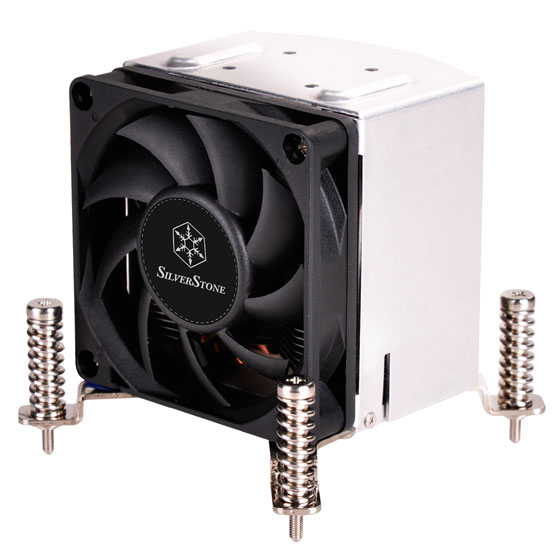
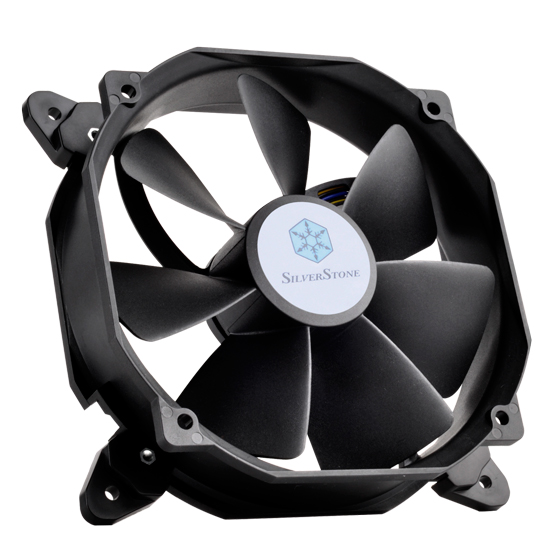








274 Comments
View All Comments
3dGfx - Friday, October 19, 2018 - link
game developers like to build and test on the same machinemr_tawan - Saturday, October 20, 2018 - link
> game developers like to build and test on the same machineOh I thought they use remote debugging.
12345 - Wednesday, March 27, 2019 - link
Only thing I can think of as a gaming use for those would be to pass through a gpu each to several VMs.close - Saturday, October 20, 2018 - link
@Ryan, "There’s no way around it, in almost every scenario it was either top or within variance of being the best processor in every test (except Ashes at 4K). Intel has built the world’s best gaming processor (again)."Am I reading the iGPU page wrong? The occasional 100+% handicap does not seem to be "within variance".
daxpax - Saturday, October 20, 2018 - link
if you noticed 2700x is faster in half benchmarks for games but they didnt include itnathanddrews - Friday, October 19, 2018 - link
That wasn't a negative critique of the review, just the opposite in fact: from the selection of benchmarks you provided, it is EASY to see that given more GPU power, the new Intel chips will clearly outperform AMD most of the time - generally with average, but specifically minimum frames. From where I'm sitting - 3570K+1080Ti - I think I could save a lot of money by getting a 2600X/2700X OC setup and not miss out on too many fpses.philehidiot - Friday, October 19, 2018 - link
I think anyone with any sense (and the constraints of a budget / missus) will be stupid to buy this CPU for gaming. The sensible thing to do is to buy the AMD chip that provides 99% of the gaming performance for half the price (even better value when you factor in the mobo) and then to plough that money into a better GPU, more RAM and / or a better SSD. The savings from the CPU alone will allow you to invest a useful amount more into ALL of those areas. There are people who do need a chip like this but they are not gamers. Intel are pushing hard with both the limitations of their tech (see: stupid temperatures) and their marketing BS (see: outright lies) because they know they're currently being held by the short and curlies. My 4 year old i5 may well score within 90% of these gaming benchmarks because the limitation in gaming these days is the GPU. Sorry, Intel, wrong market to aim at.imaheadcase - Saturday, October 20, 2018 - link
I like how you said limitations in tech and point to temps, like any gamer cares about that. Every game wants raw performance, and the fact remains intel systems are still easier to go about it. The reason is simple, most gamers will upgrade from another intel system and use lots of parts from it that work with current generation stuff.Its like the whole Gsync vs non gsync. Its a stupid arguement, its not a tax on gsync when you are buying the best monitor anyways.
philehidiot - Saturday, October 20, 2018 - link
Those limitations affect overclocking and therefore available performance. Which is hardly different to much cheaper chips. You're right about upgrading though.emn13 - Saturday, October 20, 2018 - link
The AVX 512 numbers look suspicious. Both common sense and other examples online suggest that AVX512 should improve performance by much less than a factor 2. Additionally, AVX-512 causes varying amounts of frequency throttling; so you;re not going to get the full factor 2.This suggests to me that your baseline is somehow misleading. Are you comparing AVX512 to ancient SSE? To no vectorization at all? Something's not right there.